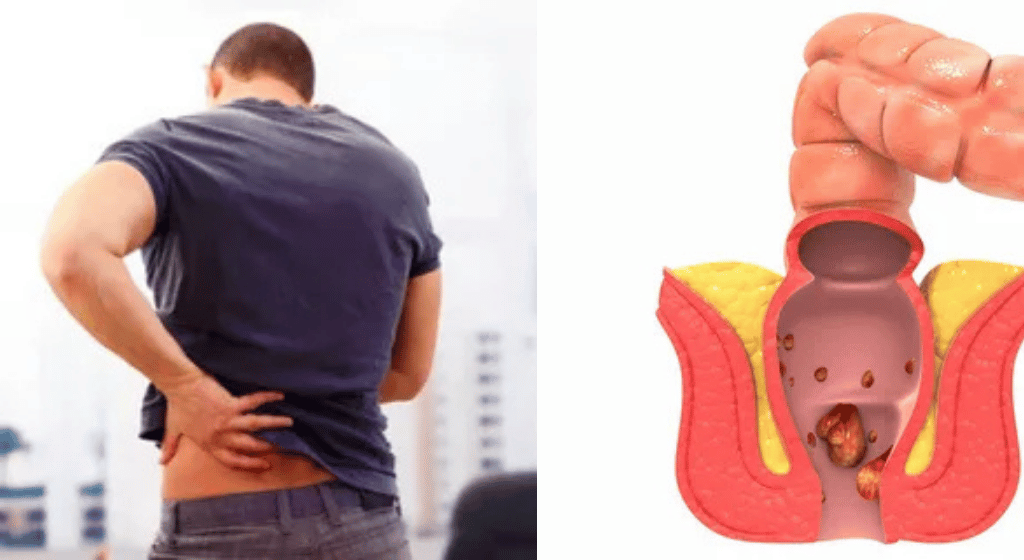“Protect Your Liver: Top Strategies to Prevent Disease and Boost Health”
The liver plays a vital role in the body, performing numerous essential functions. Any dysfunction in the liver can cause serious complications and even be life-threatening if not detected and treated in time. Various diseases can affect the liver, and it’s crucial to recognize and prevent them. Here are some of the most significant liver diseases:
1. Viral Hepatitis
Viral hepatitis is caused by different viruses that infect the liver. This infection can lead to serious consequences, including liver cirrhosis, liver failure, and liver cancer.
Symptoms of Viral Hepatitis
- Flu-like symptoms such as fever, fatigue, and body aches.
- Dark urine and pale stools.
- Loss of appetite, abdominal pain, and unexplained weight loss.
- Yellowing of the skin and eyes (jaundice), along with severe fatigue.
Preventing Viral Hepatitis
Vaccination is key to preventing viral hepatitis. Consult your doctor about available vaccines, and undergo regular screenings to detect infections early.
Different types of hepatitis are transmitted in various ways, so specific precautions are needed:
1. Hepatitis A Prevention
Hepatitis A is spread through contaminated food, water, or sexual contact. Prevent it by maintaining good hygiene, eating clean food, drinking uncontaminated water, and avoiding unprotected sex with infected individuals.
2. Hepatitis B Prevention
Hepatitis B is transmitted through contaminated blood, semen, and other body fluids. It can also be spread through shared needles or transfusion equipment. Avoid using personal items of infected individuals to minimize the risk.
3. Hepatitis C Prevention
This virus is spread primarily through contaminated blood. Prevention includes avoiding shared needles and ensuring that medical equipment is sterile. Additionally, practicing safe sex and avoiding exposure to contaminated materials are crucial steps.
4. Hepatitis D Prevention
This virus only affects people already infected with hepatitis B. It causes more severe complications and necessitates the same precautions as hepatitis B.
5. Hepatitis E Prevention
Hepatitis E is spread through contaminated food and water and can lead to liver failure. To prevent it, maintain good hand hygiene and avoid consuming unclean food or using contaminated kitchen tools.
2. Liver Enlargement (Hepatomegaly)
Liver enlargement is a common liver condition that occurs due to various liver diseases, such as viral hepatitis, liver cirrhosis, or tumors. It can also be caused by other health issues like heart disease.
Symptoms of Liver Enlargement
- Pain in the upper right abdomen.
- Muscle aches.
- Weight loss and poor appetite.
- Nausea and general fatigue.
Preventing Liver Enlargement
You can reduce the risk of liver enlargement by:
- Eating a balanced diet rich in whole grains, vegetables, and fruits, while avoiding high-fat foods.
- Maintaining a healthy weight through diet and regular exercise.
- Using nutritional supplements wisely and only under medical supervision, as overuse can harm the liver.
- Limiting exposure to chemicals and toxins, such as household cleaning products, that can damage the liver.
3. Liver Cirrhosis
Liver cirrhosis is a late-stage liver disease caused by long-term liver damage. When the liver is injured, it tries to heal itself by forming scar tissue. This scar tissue impairs liver function and may lead to serious complications.
Although cirrhosis cannot be cured, early detection can help manage its progression and reduce the risk of further complications.
Causes of Liver Cirrhosis
Common causes include viral hepatitis and fatty liver disease, where fat accumulates in the liver and causes inflammation over time.
Symptoms of Liver Cirrhosis
Liver cirrhosis presents a range of symptoms that can be noticeable in daily life. Key symptoms include:
- Easy Bleeding and Bruising: Individuals with cirrhosis may bruise or bleed more easily, even from minor injuries or collisions.
- Paleness and Jaundice: The skin may take on a pale or yellow hue (jaundice), and the person may exhibit fatigue, nausea, and a general sense of illness.
- Swelling and Fluid Retention: Swelling, especially in the legs, along with fluid buildup in the abdomen (ascites), is common.
- Male-specific Symptoms: Men may experience breast enlargement (gynecomastia) and testicular shrinkage.
- Weight Loss and Weakness: A noticeable loss of appetite, weight loss, body weakness, and difficulty in physical movement are common.
Preventing Liver Cirrhosis
To reduce the risk of developing liver cirrhosis, consider the following preventive measures:
- Monitor Liver Health: Regular check-ups and tests, especially for hepatitis B and C, are essential. These viruses often go undetected without testing.
- Early Treatment of Liver Conditions: Address any liver-related issues early to prevent them from worsening into cirrhosis.
- Healthy Diet: A well-balanced diet is crucial for liver health. Minimize consumption of fatty foods.
- Maintain a Healthy Weight: Obesity can negatively impact liver function and increase the risk of cirrhosis, so it’s important to keep a healthy weight.
Liver Cancer
Liver cancer can develop in various forms, with hepatocellular carcinoma being the most common type. Other forms include bile duct cancer and hepatoblastoma. Chronic hepatitis B or C infections and liver cirrhosis are leading risk factors for liver cancer.
Symptoms of Liver Cancer
Liver cancer symptoms often mirror those of other liver diseases and may include:
- Loss of Appetite and Weight Loss: A reduced appetite, resulting in significant weight loss and weakness, is common.
- Severe Pain: Persistent, intense pain, particularly in the upper abdomen, can occur.
- Dizziness and Nausea: The patient may feel dizzy, nauseous, and experience vomiting and imbalance.
- Extreme Weakness: Even simple activities, such as going to the bathroom, can become difficult due to severe fatigue and muscle weakness.
- Jaundice: The skin and the whites of the eyes may turn yellow, and the stool may become pale.
Preventing Liver Cancer
To lower the risk of liver cancer, follow these guidelines:
- Maintain a Healthy Weight: Regular physical activity and a balanced diet help ensure the proper function of the liver and other organs. Avoid excess fat intake and opt for nutrient-rich foods.
- Avoid Contaminants: Reduce exposure to pollution and ensure good hand hygiene. Always use clean tools and consume uncontaminated food.
- Avoid Sharing Personal Items: Do not share personal items like razors or needles to prevent exposure to bloodborne viruses.
- Get Vaccinated: Vaccination against hepatitis B is crucial in preventing viral infections that can lead to cirrhosis and liver cancer.
Following these preventive steps can significantly reduce the likelihood of developing serious liver conditions.


